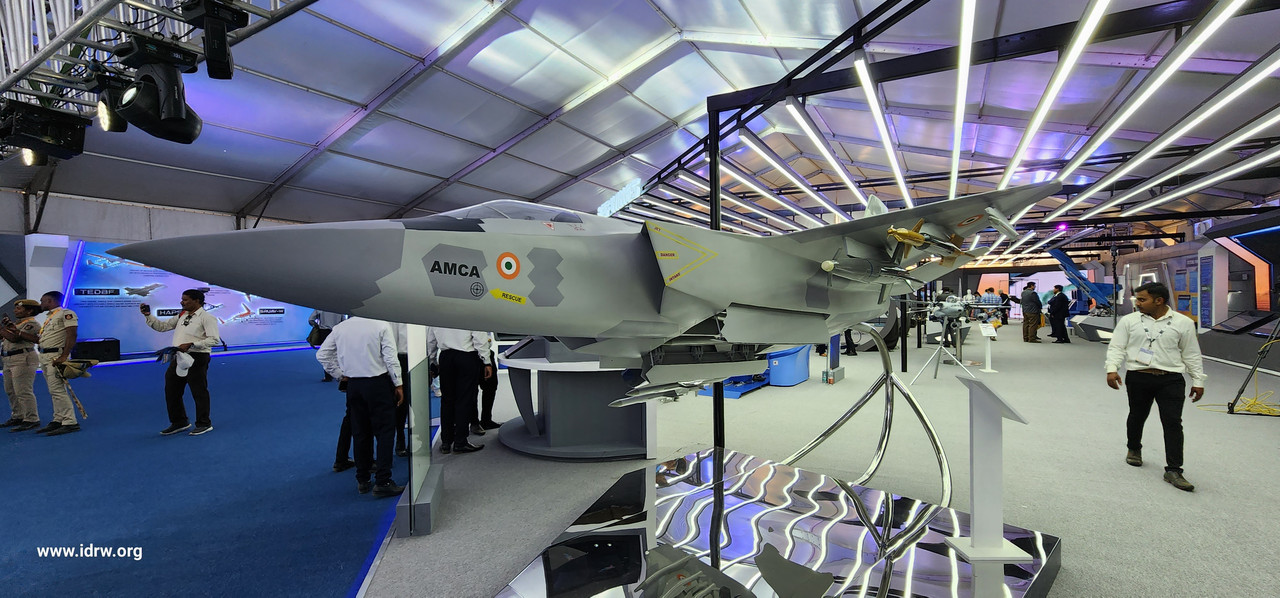SOURCE: RAUNAK KUNDE / NEWS BEAT / IDRW.ORG


India’s ambitious program to develop the 5th generation AMCA (Advanced Medium Combat Aircraft) fighter jet has encountered a setback. The initial plans to involve private companies in a major way have hit a roadblock due to their reluctance to invest heavily in a long-term project.
The Ministry of Defence (MoD) proposed a Special Purpose Vehicle (SPV) model, a type of PPP arrangement, where a private company would hold a majority stake. This company would not only be responsible for assembling the AMCA jets but also for managing production lines and the entire supply chain.
However, Indian aerospace private companies have expressed reservations about taking on such a significant role. Their primary concern is the extended development timeline typically associated with advanced fighter jet programs. Investing heavily in a project that might take years to move from development to full-scale production is deemed too risky for many companies.
Indian private companies have indicated a willingness to participate in the AMCA program but at a later stage. They are interested in joining when the aircraft design is finalized and ready for production, with confirmed orders from the Indian Air Force (IAF).
The IAF has expressed interest in procuring 40 AMCA MkI and 100 AMCA MkII variants. However, private companies believe a larger order, potentially around 200 AMCA MkII jets, is necessary to make the venture commercially viable and ensure a healthy return on investment (ROI).
Despite their hesitation regarding a controlling role, Indian private companies are open to contributing to the AMCA program by participating in the supply chain. Manufacturing key components like fuselages and electronic systems is a potential area for their involvement.
With private sector companies hesitant to take the lead, the AMCA program is likely to remain primarily under the control of the government, with Aeronautical Development Agency (ADA) and Hindustan Aeronautics Limited (HAL) playing a central role. The possibility of private sector involvement in a larger capacity might depend on an increase in the IAF’s order for AMCA MkII jets.
While private sector participation can bring invaluable expertise and resources, the long-term nature of such endeavors can be a deterrent for private companies seeking quicker returns.
NOTE : Article cannot be reproduced without written permission of idrw.org in any form even for YouTube Videos to avoid Copy right strikes. Websites doing illegal reproductions will get DMCA and Legal Notices.